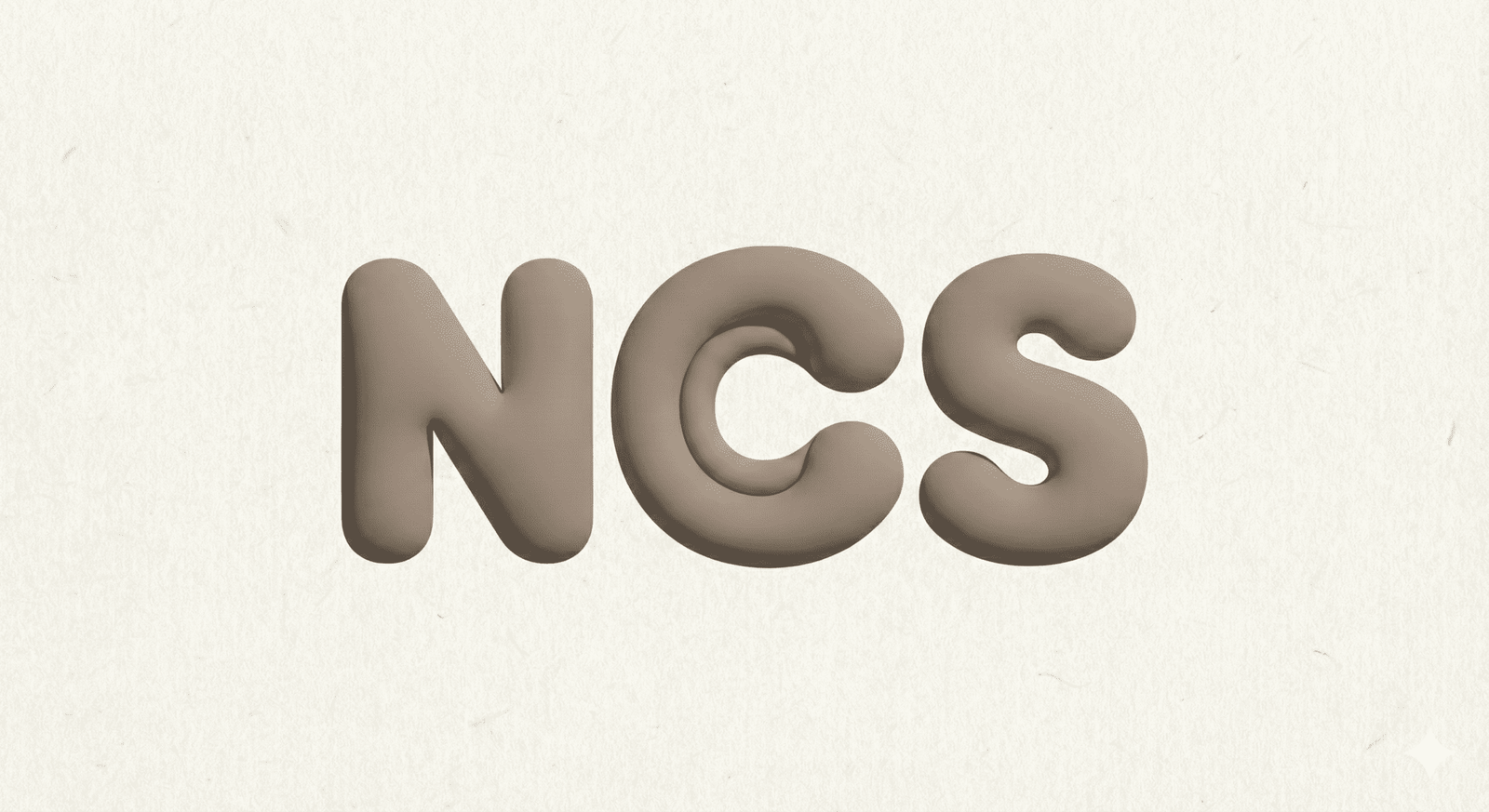“Home shoes, traditionally designed for indoor use, are now becoming popular as outdoor slippers.This opens up a whole new world of possibilities for manufacturers and brands. Today, we’re going to talk about the trend of home shoes that are designed to be worn in multiple scenarios and what you can do to take advantage of this trend if you’re a B2B client.
Functional Needs of Home Shoes for Multiple Scenarios
The reason people are wearing home shoes outside isn’t just because they’re too lazy to change shoes; it’s because they want something that works for them. They want something that’s comfortable and functional. However, there are a few things you need to think about to make this work.

Core Functional Requirements
Hygiene Concerns
When people wear their home shoes outside, they bring in dirt, bacteria, and all kinds of other stuff that can get tracked into the house, which can affect the cleanliness and health of the people in the house. For example, the shoes people wear outside might have dust or mud on them. Or, they might have germs on them from walking on different surfaces that are hard to get off of the soft soles of home shoes.
Slip Resistance
Outdoor environments, such as wet sidewalks or uneven ground, require soles with good traction. Slip-resistant outsoles are not a nice-to-have feature anymore. They are a must-have feature to expand the places you can wear your shoes.

Durability
Materials that can take a beating from rough surfaces or extended use are important to make the product last longer and meet consumer expectations for value. Soft materials used in indoor slippers may not hold up well to the abrasive surfaces found outdoors.
Water Resistance
From a sudden rainstorm to the morning dew, water-resistant materials protect your feet and keep you comfortable. This makes your house shoes usable in more unpredictable outdoor conditions.

Consumer Comfort as a Priority
Cushioning
Cushioned soles that reduce foot fatigue are essential for users who wear home shoes for extended periods. Memory foam or similar materials can provide this level of comfort without compromising on durability.
Breathability
Whether you’re inside or outside, nobody likes sweaty feet. Breathable fabrics or mesh panels can help ensure your feet get plenty of air to stay dry and comfortable all day long.
How Consumer Habits Shape Multi-Scenario Adaptability
Modern lifestyles demand convenience and flexibility, which is why home shoes must adapt to more than just the living room. Here’s how consumer behavior is driving this evolution.
The Rise of Convenient Living
People are living a fast-paced life in the city. They want things that go from one thing to the next. For example, you wear your house shoes in the morning while you’re working from home. Then you go outside to get your coffee or run to the store to get some groceries. You don’t want to change your shoes. It’s all about the convenience.

Key Application Scenarios
Indoor-to-Outdoor
People are going in and out of the house for short periods of time. They’re running out to get a package. They’re running out to walk the dog. They want to wear the same shoes in the house and outside.
Semi-Outdoor Settings
Think about the garden, the patio, or the community area. You need a shoe that’s comfortable, but you also need something that’s a little more robust because you’re going to be outside.
What You Should Do
If you’re a B2B client and you want to get into this market or expand your offerings, here’s what you need to do.
How To Create The Perfect Product
Innovative Materials
Use lightweight materials. You need a durable sole., better with EVA foam. The upper needs to be water-resistant.
Stylish Designs
Don’t forget about style. You need to make sure your shoes look good. Think about sleek, minimalistic designs. People in the city want to wear their shoes in multiple scenarios, but they don’t want to look like a dork.
Customization Options
Offer customization. Let people pick their colors or patterns. This is a way to differentiate yourself in the market.

Effective Marketing Strategies
Scenario-Based Marketing
Show people how to use your shoes in different scenarios. For example, show people how to go from their home office to running errands outside. Use this in your marketing.
Where To Advertise
Social media. Instagram and TikTok are great places to show off your shoes. People love to see things in action. You can also partner with influencers to get your shoes in front of a younger audience.

Conclusion
Home shoes are not just for inside the house anymore. They’re becoming multi-scenario shoes. However, you need to address concerns about hygiene, durability of materials, and style to make these shoes something people want to wear. For B2B clients, getting into this trend is not just about creating a product. It’s about creating a lifestyle. If you focus on functionality, comfort, and style, you can be a leader in this growing market.
More slippers information,you can visit www.evaslippers.com

